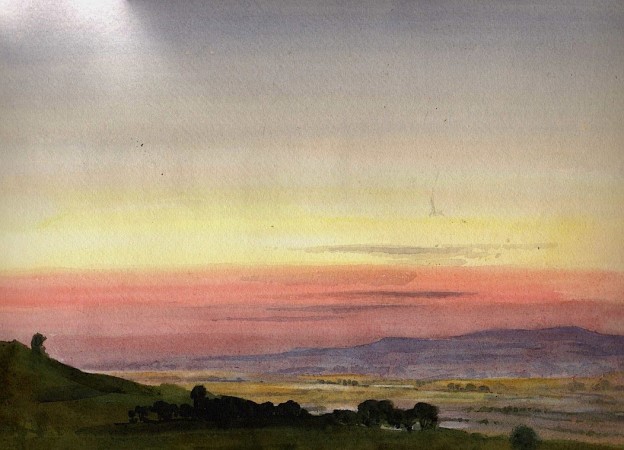
Just a few minutes walk from Leoni’s Quo Vadis is Frith Street, now famous as the home of Private Eye, but for a century or more the haunt of Soho journalists, writers and other near- do- wells, including Stephen Graham, who from 1912 to his death in 1975, lived in a flat at no 60, a handsome Georgian town house. In the days before adventurers in dangerous lands were accompanied by a TV crew, Stephen Graham, who described himself as ‘tramp’ before that word had gained unsavoury associations, explored a number of exotic lands, including Russia, on which he became an expert, recording his impressions in books and articles, until he could no longer finance his expeditions.

The letter, which was discovered among a batch of other unrelated correspondence, belongs to his most productive period, is written from Frith Street and is dated 4th December 1926. In it he invites a Miss Morley to an after-dinner ‘mixed party of various acquaintances who will sit around the fire & talk.’ He also invites her to bring along her copy of his recently published London Nights for him to sign.
In his latter years Graham’s reputation fell into decline, and there is a depressing description of him in poverty and disarray in his flat. He died at an advanced age in comparative obscurity in 1975, but today, however, thanks possibly to the popularity of TV travelogues and cheap holidays to exotic lands, there is renewed interested in his work. Two major online sites are devoted to him, and Abebooks shows that his books are beginning to be collected once again. A biography by Michael Hughes has just been published Beyond Holy Russia: The Life and Times of Stephen Graham. [RMH]


